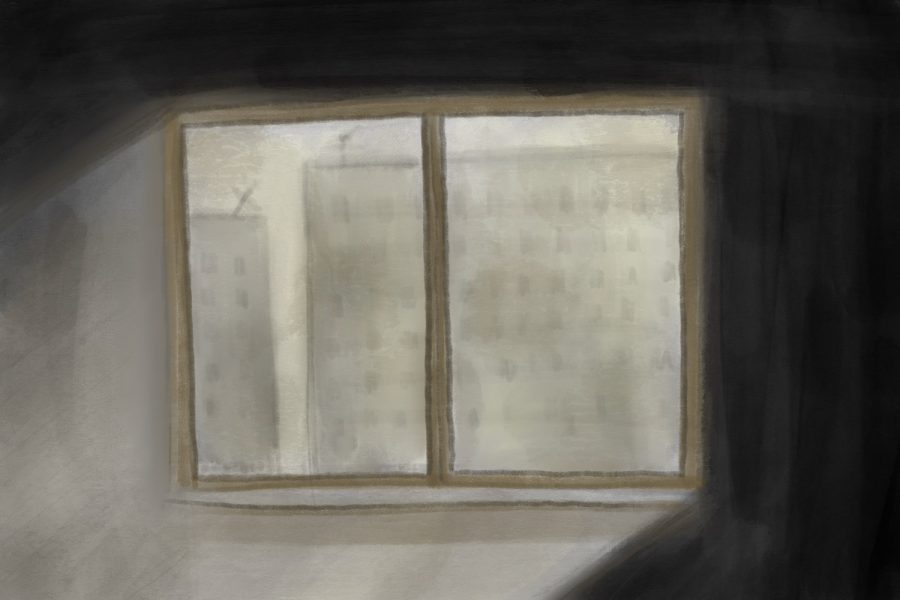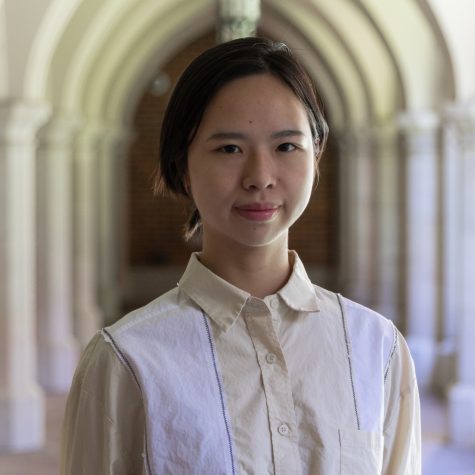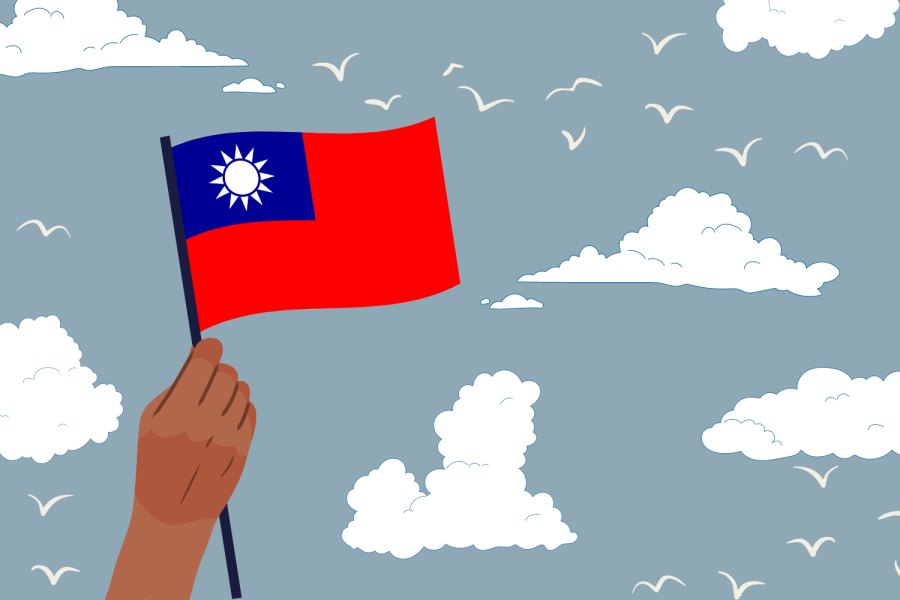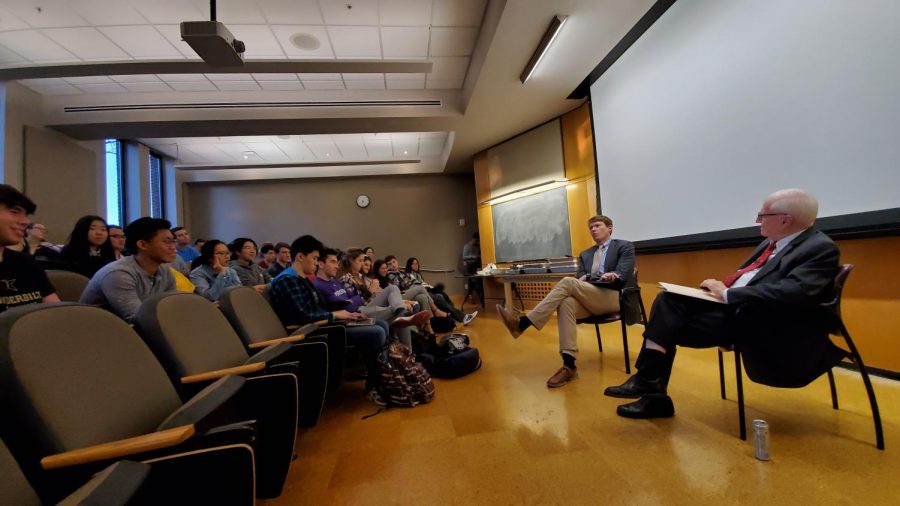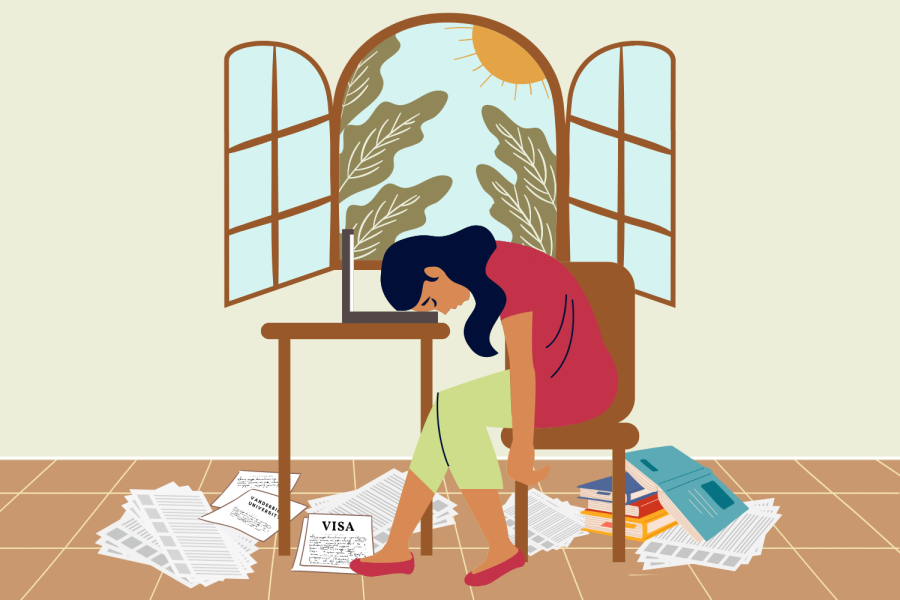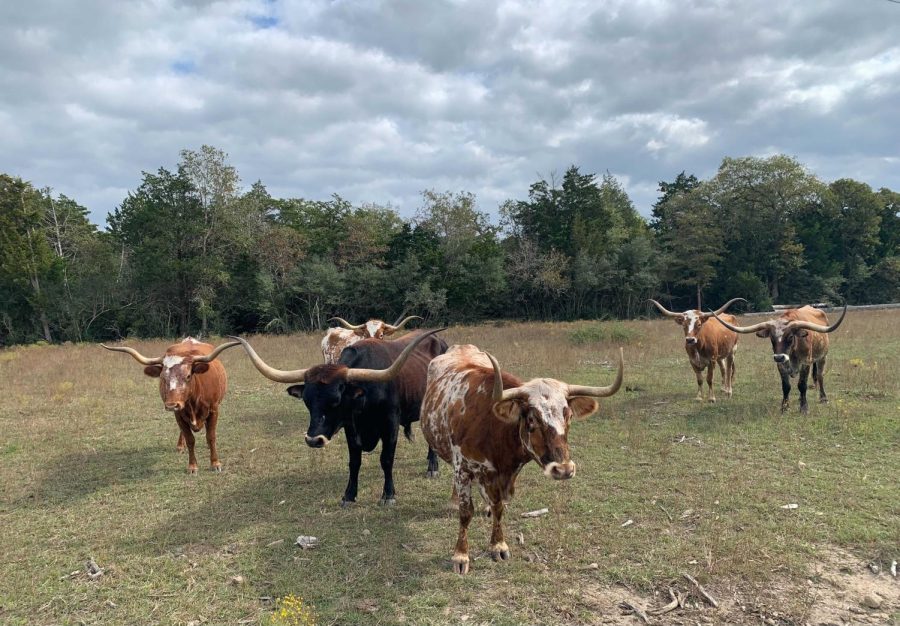My residence for 14 days—after four canceled plane tickets and a suffocating 20-hour flight—was a room on the 18th floor of a hotel in Tianjin, a city I’d never before visited. The only means I had to observe and interact with the world outside of my room was through a dusty window which didn’t open. This quarantine was the last part of my marathon journey back home after Vanderbilt drove its students out during the first COVID-19 outbreak back in March 2019.
Three years later, it is hard to recall the exact feelings of panic and uncertainty everyone seemed to feel back then—how we used to baptize our groceries with disinfectant spray and go to extreme lengths to avoid even the slightest of coughs. After seeing plane tickets sell out or get canceled at the last minute countless times, I felt nothing but gratitude when I finally landed on Chinese soil, despite having to quarantine in a place 700 miles away from my actual home. Fourteen days, 700 miles—these numbers were daunting, but they meant certainty. I was going home. They were the promise to my exodus.
Through the dusty window, I could see a small, plain, one-story building with sprawling front doors. It was the only place on the street with people coming in and out. All the other buildings were locked up, as if they suddenly froze in time. That one building, basking in the sun like a yawning hippo, was the anomaly, the only source of any activity. Ironically, however, this anomaly was my only source of normalcy. I observed the vague outlines of people walking in and out of it and came up with endless stories of who they are and what they were up to.
However, the dusty window that separated me and the outside world served as a constant reminder that I was not a part of this normalcy. In fact, even after this physical separation ended, I didn’t feel I was. Along with thousands of Chinese students studying abroad, I was not welcomed home during the pandemic. The Chinese government “advised” against our return, and the internet dubbed our homecoming “bringing poison from thousands of miles away” and claimed we were “treating the motherland as a fool.” Equipping ourselves head to toe with protective garments to decrease the chance of infection on our flight home, we still couldn’t protect ourselves from the spiteful words on the internet.
When the quarantine ended, I was led through the back door of the hotel and loaded onto a bus heading back to the airport to start the final leg of my journey home. As the bus rounded the corner of the street, I tilted my head to see the building I’d been staring at through the window from my room during my 14 days of boredom. I later found out it was an underground subway station, not the police station or office that I imagined it to be. Once I’d discovered the function of the building, its irregular levels of traffic made more sense. Finally, it got a name and face. The rest of the city skimmed over the bus window like the end credits of a movie. I bid my goodbye to a city I never had a chance to get to know.
If you’ve ever turned an eye to the day-to-day happenings of civilian life in China, you will have seen that in late September, a bus carrying dozens of people to a quarantine facility in Guiyang crashed, killing 27 and injuring the rest. It happened in a city that, just like the rest of China, still requires one COVID-19 test every 48 hours to be allowed in public places. These people weren’t even confirmed to have tested positive or even to have been exposed to COVID-19— the officials simply said they were “epidemic-related.” As a person who has boarded a bus for the same purpose, I can imagine how still and hot the air felt in that cramped bus, with the unknown hours of driving ahead in heavy darkness—the bus left around 2 a.m., a time when most long-distance passenger vehicles are prohibited by Chinese traffic law from driving. The reason for the crash was reported to be drowsy driving.
A few months before the bus crashed, my hometown of Shanghai entered a strict lockdown that lasted for months. My family group chat was full of worried messages with various people trying to arrange food delivery for my grandparents because nearly the only way to get food was through an online “shopping” platform, where food was gone in seconds. My grandparents, blessedly apt at technology, sent back pictures of how they were well-stocked with meals. It overflowed with messages about if my uncle was allowed to come home yet—he was deemed an “essential worker” and ended up living at the office for months. My uncle returned home at the end of spring, carrying the puffer jacket he left home with during winter.
But there were grandparents out there who never received food from their children, who relied solely on the goodwill of neighbors or free food from the government which sometimes never arrived. Some of them starved. Some of them lie in bed in agony because they can’t bear the pain of their chronic illness, and hospitals weren’t offering routine treatments. There were people who lost their jobs, who couldn’t pay their employees, mortgages or even for tomorrow’s food.
After going back to America and Vanderbilt, much like the window that separated me from the outside world during my quarantine in Tianjin, I felt isolated, both from my countrymen back home and American students.
During the Spring 2022 semester, my junior year, I left my dorm every day weighed down not by my backpack, but by heavy news from back home. I sometimes felt guilty about being absent and unable to experience difficult times with them. But most of the time, I felt angry and helpless. It felt as if I was witnessing a horrendous act through a window. My voice, screaming to help, was muffled and couldn’t reach back home. No matter how hard I shouted and banged the window, no one heard me. People from home could only see the vague shape of a person living an absurdly normal life—so strange, so distant, so alien. A figure that didn’t fit into the narrative. Neither side could reach the other.
When asking a fellow Chinese international student at Vanderbilt how she feels about our COVID-19 experience compared to that of American students, the first word she said was “fragmentation.” We were afraid of and angry about spikes in Asian hate in America. Yet, we also received hatred from some people back in our own country. We were targeted by both sides, but belonged to neither. COVID-19, she said, served as a magnifying glass, amplifying the sense of identity and physical fragmentation that has long existed in the peripheries.
When I asked the same question to a friend from back home who is studying domestically in China, I had the presumption that he would also have a sense of fragmentation. Maybe not identity-wise, but about the differences between the pandemic response in China and the rest of the world. But he told me it’s hard to say. Yes, people are frustrated that every 48 hours they need to skip class or sacrifice their leisure time to get into a long line to get tested. However, as he put it, “it is what it is.” Some people in China will always think that Americans are “lying flat” (Chinese slang for “opting out of struggle”) by easing COVID-19 protocols. He expressed how there is a general view that although certain freedoms are being sacrificed in China, it is all for the cause of having next-to-zero COVID-19 related deaths. And it would be hard to simply say no to the giant machinery of the state.
Traversing the campus or sitting in the classroom, I imagined what my fellow American students were going through. Sometimes, I hoped that my experience with the pandemic could just be the same as theirs. The pandemic, being global by its very nature, brought out shared common difficulties such as social isolation, concern for at-risk family members and a departure from normalcy. However, when I talked to American students about troubles specific to me—not being able to visit home at all, strict home-country policies and heightened feelings of helplessness—it seemed that all was lost in translation. It was hard to get them to understand, even harder to get them to care. They weren’t aware of the other side of the dusty window; they couldn’t even imagine it. On the outside, I was amid the torrent of people living a normal life, but I had a perspective they lacked. Eventually, the combination of the two became suffocating.
I, as well as other Chinese international students, deserve to be a part of the narrative about the COVID-19 experience that is still uniquely haunting us. We experienced the pandemic as if stuck behind a dusty window. Our countrymen back home and fellow American students could largely still see us, but their perceptions were vague and distorted. Sometimes it even felt like a curtain was drawn blocking the other side completely. However, we have the power to understand both sides. We want to pull back that curtain and wash away the dust to let them see us. We can clear the bias of their imagination and explain to them our real lived experiences they never had a chance to get to know.
The dusty window made it harder for people to see and understand Chinese international students and our shared struggles. Just as my friend said, COVID-19 has been like a magnifying glass, amplifying the dust on the window, heightening the already-existing differences and cultural gaps between international and American students. There are many other things happening right now that only my fellow Chinese friends can truly understand, like the recent women’s rights situation in China. Therefore, to my fellow American students, you all attend Vanderbilt, a school with a student body comprised of 11% international students. Behind each of them, there might be a story and a world beyond your imagination. Go and observe what’s out of the window. If it becomes too dusty, talk to us.

